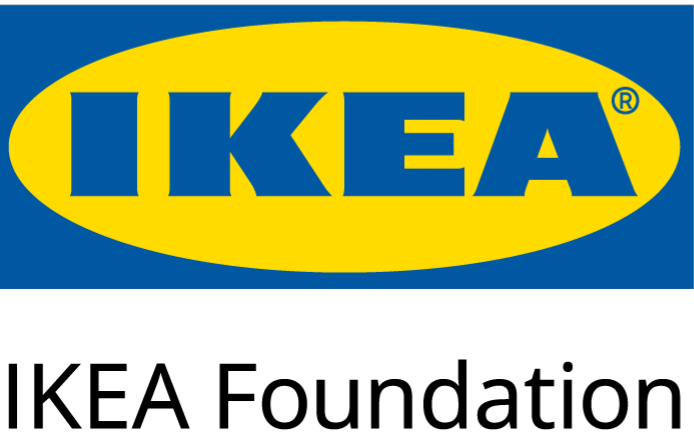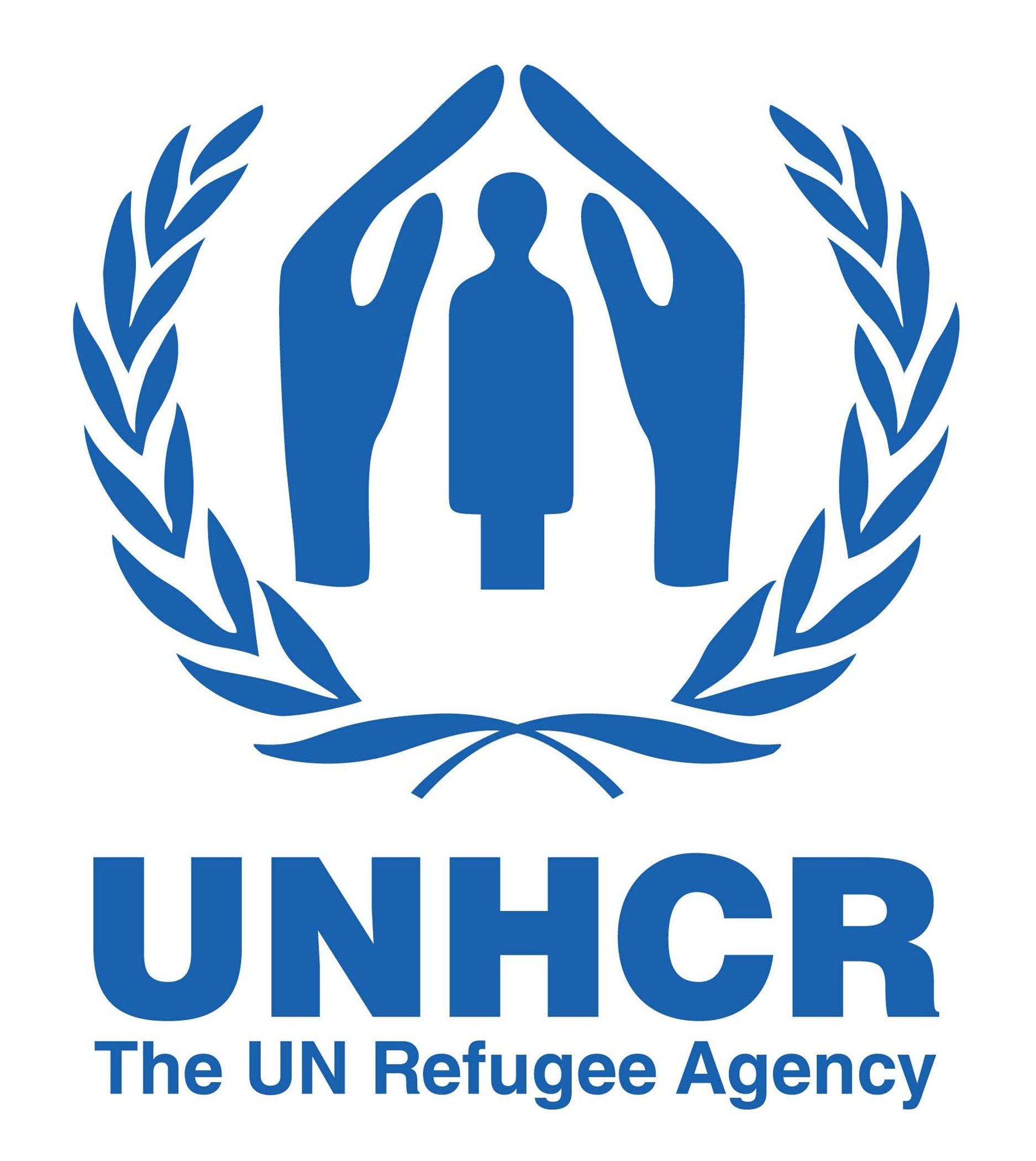Evaluating the Sustainable Market Inclusive Livelihood Pathways to Self-Reliance (SMILES) Program in Uganda
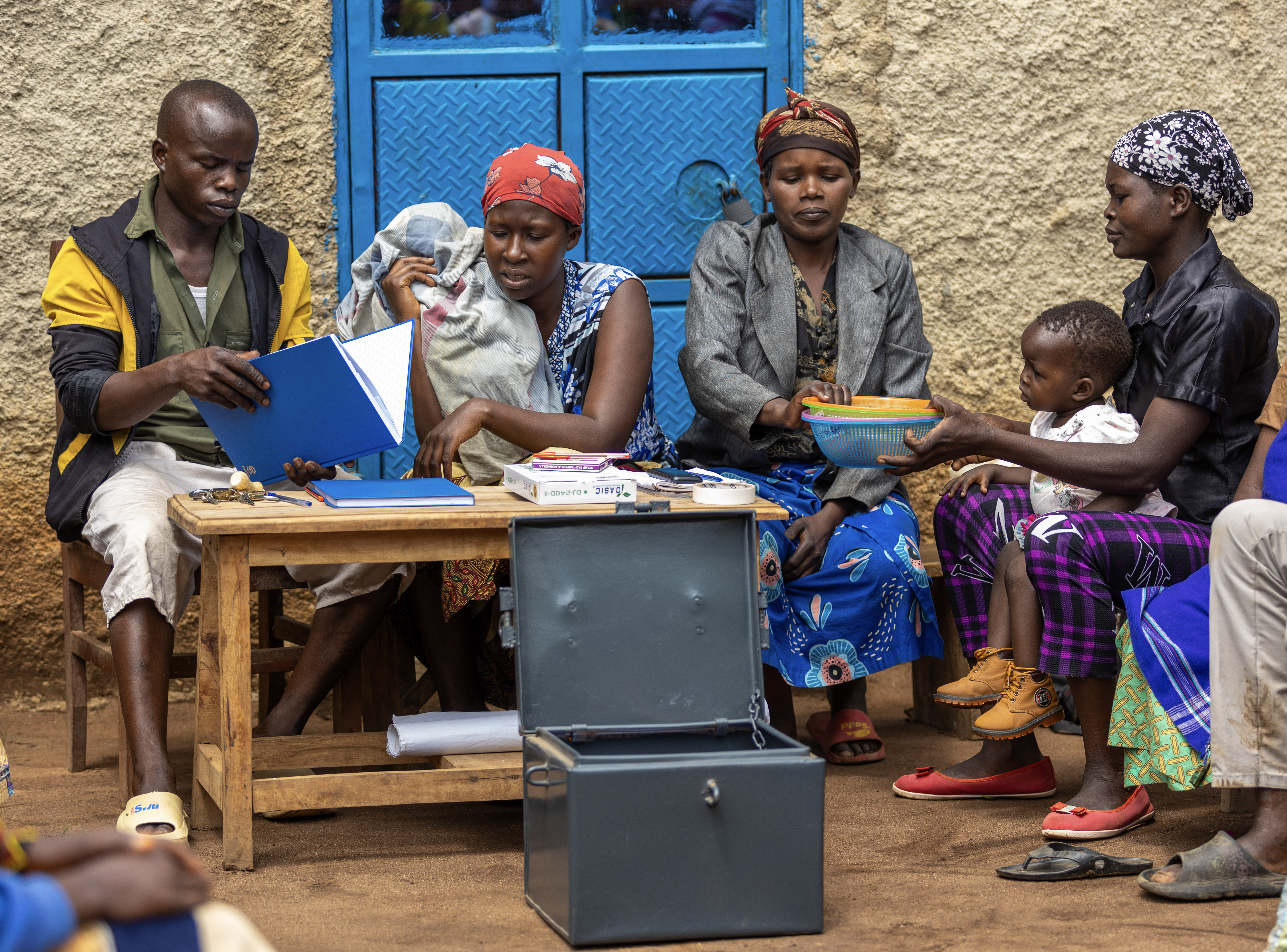
Researchers are partnering with IPA, AVSI Foundation, and DAI to conduct a randomized evaluation in Uganda to measure whether a graduation program with a market systems development approach increases self-reliance and resilience for households in refugee settlements and host communities.
Households living in refugee settlements and host communities regularly contend with food and water insecurity, overcrowding of limited health and education services, and few productive economic opportunities, posing significant barriers to moving out of extreme poverty. These and other challenges exist in the Kyangwali Refugee Settlement and Kyaka II Refugee Settlement and surrounding host communities in Western Uganda.
In this context, the AVSI Foundation implemented the comprehensive SMILES graduation program to improve food and nutrition security and self-reliance for refugee and host community households who are economically active but in extreme poverty. The program provides ultra-poor households with a lump-sum cash grant transfer, consumption support, technical training, and access to village savings and loan associations (VSLAs). In collaboration with DAI, the project also aims to improve the way participants interact with markets that create economic opportunities—known as the market systems development (MSD) approach.
In partnership with IPA, AVSI Foundation, and DAI, researchers are conducting a randomized evaluation to assess whether the SMILES program improves food and nutrition security, self-reliance, and resilience in Kyangwali and Kyaka II Refugee Settlements and host communities. Specifically, they are comparing the cost-effectiveness of different variations of the program related to the cash grant transfer. A total of 8,235 refugee and host community households with economically active women or youth have been randomly assigned to the following groups:
- Program with a large individual grant: Households receive an individual grant equal to USD 220
- Program with a block (group) grant: Households receive an equally large grant but USD 70 is transferred to households and USD 150 is delivered to their VSLA group.
- Program with a small individual grant: Households receive an individual grant equal to USD 70
- Comparison: Households receive no intervention.
Besides comparing the cost-effectiveness of the program variations, researchers are also assessing the effectiveness of integrating an MSD approach within the program. The same households have been additionally randomly assigned to these groups:
- Program with MSD approach
- Program without MSD approach
- Comparison with MSD approach
- Comparison without MSD approach
In addition, IPA’s Right Fit Evidence Unit is supporting SMILES in conducting a market study to better understand the extent to which MSD approaches may be influencing households and to provide early insights into the sustainability of private sector operations in these contexts. It will also offer feedback to the consortium partners on theory of change components and ongoing activities, helping to strengthen the models and enhance the potential impact of the market systems development. To do this, the Unit is conducting market actor surveys with interviews of key stakeholders to share findings on the quality of MSD interventions, early results, and perceptions of market changes to offer actionable recommendations.
Results will be available in 2026 with long-term follow-up results available in 2028.
Implementing Partners
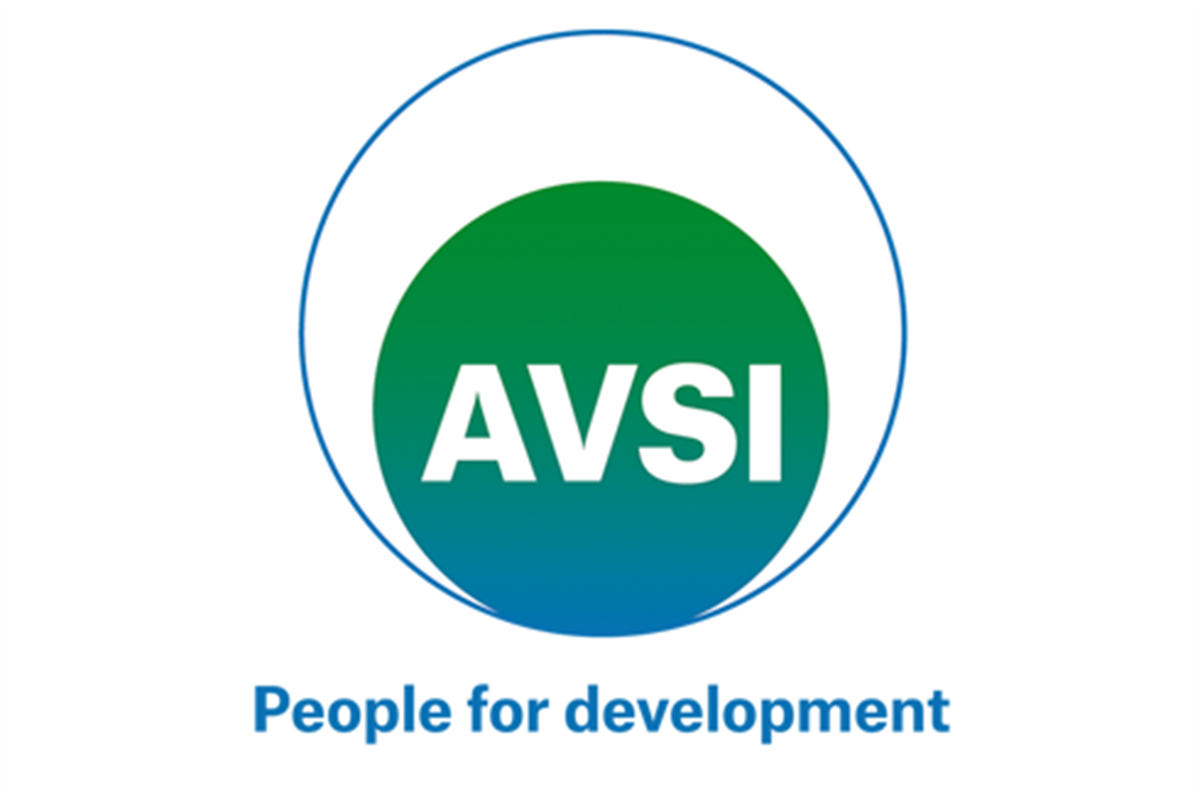 | 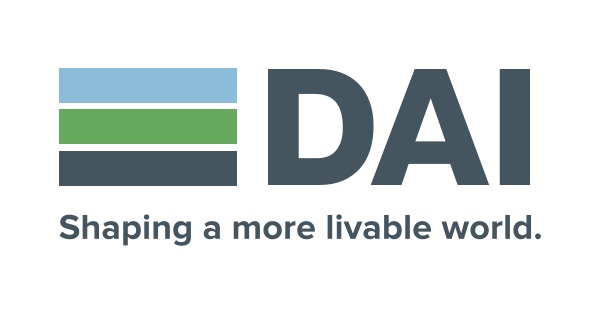 |
Other Consortium Partners
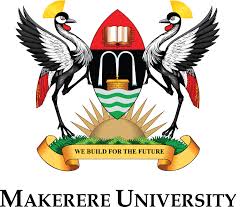 | 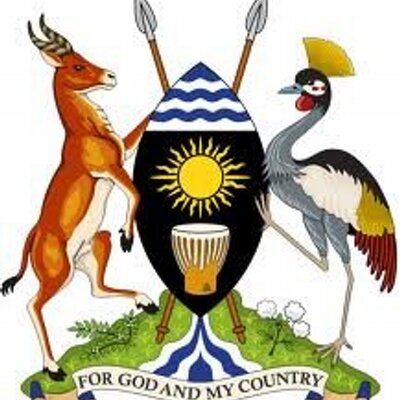 |  |
|
Funding Partner
